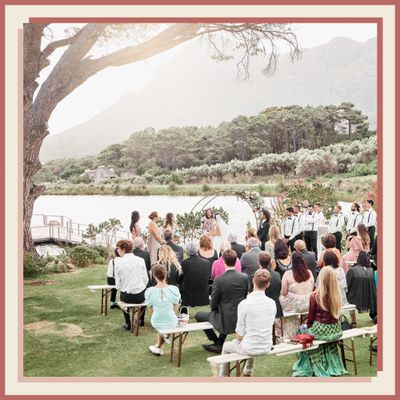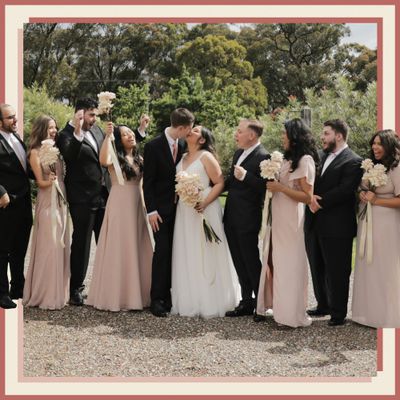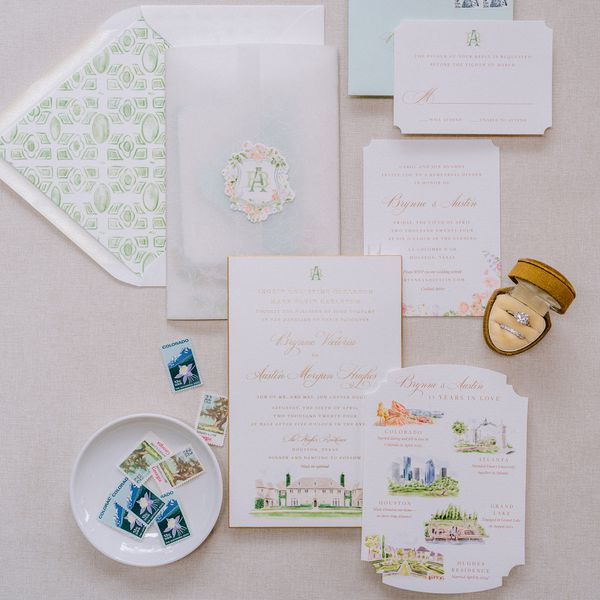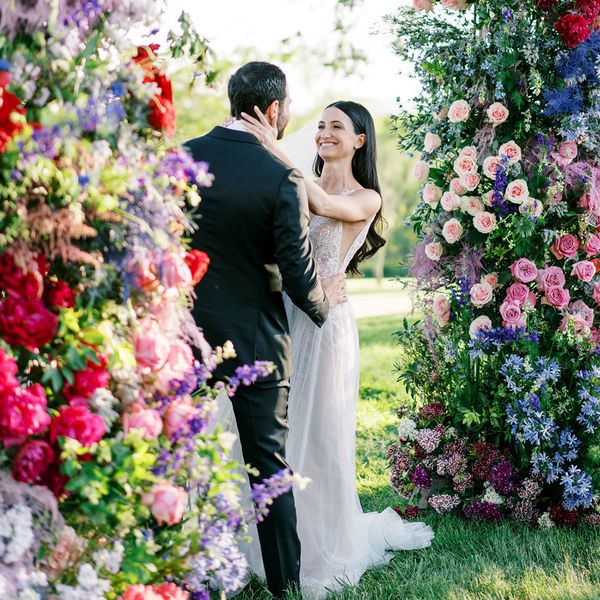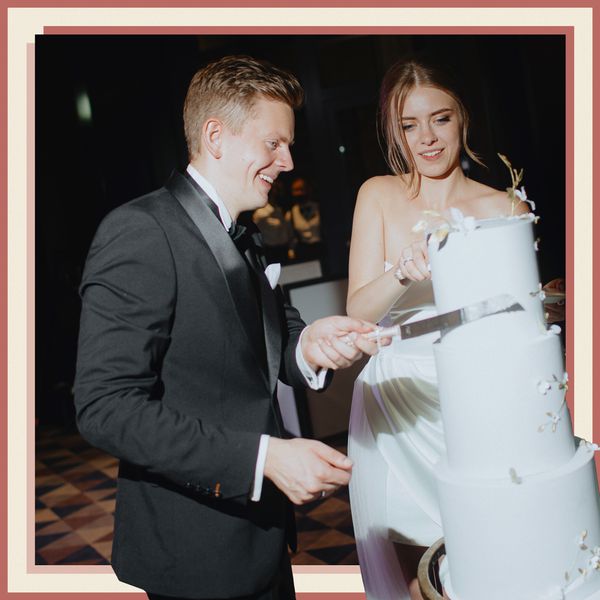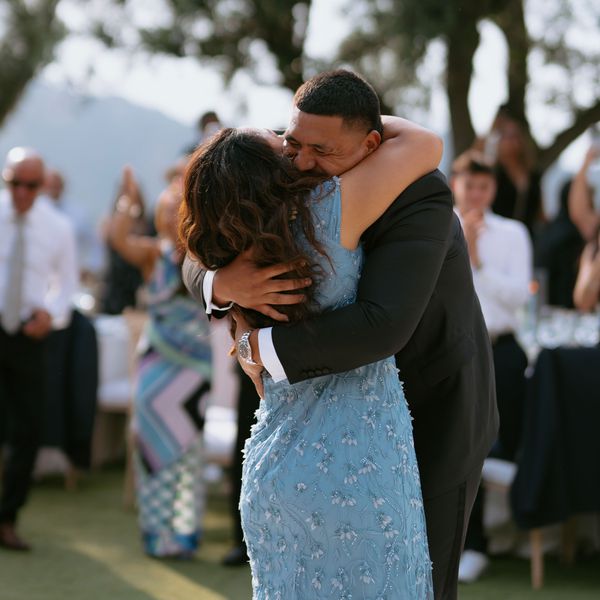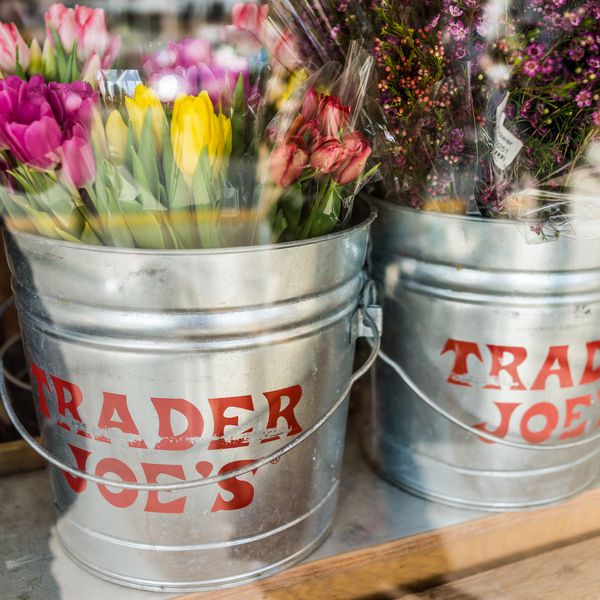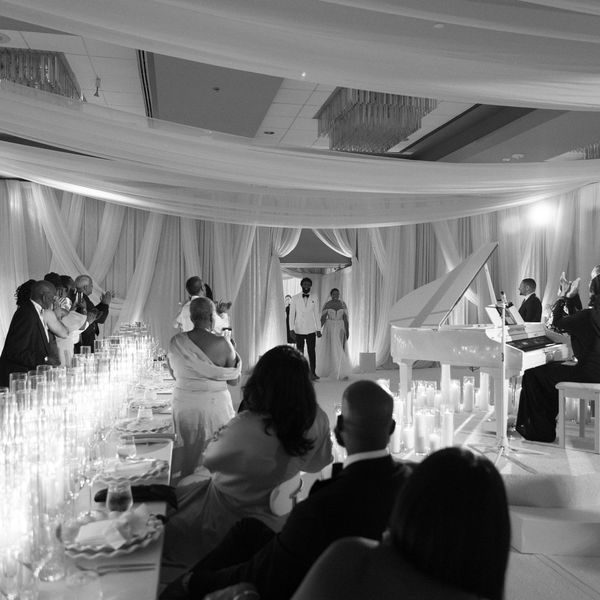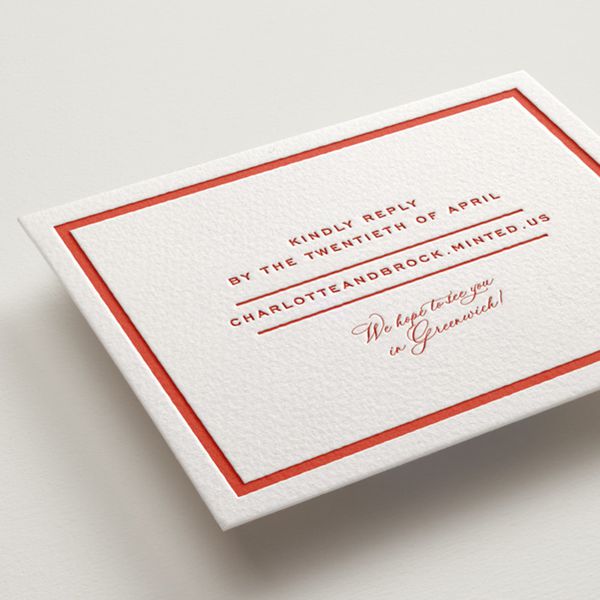:max_bytes(150000):strip_icc()/BRI-AN-Q3-PlusOne-Recirc-GettyImages-34d2f0566140469ab501b6e5c4a8cf02.jpg)
Getty Images
If you’re a couple planning a wedding, you already know that creating your guest list is one of the trickiest parts of the process. While figuring out who to invite is challenging enough, deciding which guests can bring a plus-one increases the difficulty level tenfold. When navigating plus-ones, you’re likely also trying to account for your friends and family members’ feelings while staying true to your own preferences and big-day limitations—like your budget or venue capacity. And since this is probably your first time hosting a wedding, you might not know the proper etiquette rules at all.
Meet the Expert
- Susan Dunne is the owner and lead planner of Weddings by Susan Dunne, a luxury wedding and event planning company that services clients in California and other destinations.
- Rebecca Lang is a master certified wedding planner and the owner of L3 Events, a wedding and event planning firm in Orlando, Florida.
For those on the receiving end of a wedding invitation, navigating the plus-one dilemma can be just as confusing. If you see the words “and Guest” on your invitation, you might find yourself questioning what this means or wondering who you’re allowed to bring. On the other hand, if your invitation doesn’t include any mentioning of a plus-one, you might be tempted to turn down the invite, particularly if no one you know—beyond the couple—is attending the affair.
Whether you’re the couple or a guest, you need clarity, which is why we asked two professional wedding planners to help you navigate the plus-one wedding etiquette equation. Read on to discover the proper protocol to follow when it comes to plus-ones.
What Is a Plus-One?
A plus-one is an additional guest that an invitee is permitted to bring to a wedding. This could be a significant other, a friend, or a family member. A future attendee will know whether the engaged couple has granted them a plus-one if their wedding invitation is addressed to themself and another person, often designated as “and Guest” or the individual’s name (if known).
:max_bytes(150000):strip_icc()/BRI-AN-Q3-PlusOneEquation-d5ffbdb7e16d48e98ac9ea27026f9dc0.jpg)
Design by Brides
Who Gets a Plus-One at a Wedding?
In some cases, if you have an unlimited budget and ample space to work with, everyone on the guest list can bring a plus-one. But even without any restrictions on money or spacing, you may nonetheless refrain from extending the invitation in an effort to keep your wedding as personal as possible. Although deciding who can bring a date varies from couple to couple, the standard plus-one wedding etiquette suggests that the following individuals receive a plus-one:
Anyone in a Committed Relationship
Anyone who’s married, engaged, or living together (read: in a serious, long-term relationship) should receive a plus-one, per Susan Dunne, owner of Weddings by Susan Dunne—even if you’re close to only one person in the couple or you’ve never met one of the spouses. Since “living together” can be a vague term, it typically refers to anyone who’s been together for over a year. If you’re unsure about the nature of the partnership, you might want to extend the invitation, anyway.
Members of the Wedding Party
To avoid any favoritism, you should provide a plus-one to everyone in the wedding party—regardless of their relationship status. Giving your crew the ability to invite a date is a token of gratitude for their love and support, too.
Close Family and Friends
For your closest friends and immediate family members, the experts recommend permitting plus-ones, even if they don’t plan on showing up with a romantic partner. To determine which loved ones qualify, you can treat it on a case-by-case basis. For example, your high school friend might get a plus-one, whereas a distant second cousin you haven’t seen in a decade may not.
Single Guests Who Don’t Know Many People
If there’s a single guest who’s traveling a long distance and/or doesn’t know many people attending the wedding, granting them a plus-one will make their experience a lot more comfortable and enjoyable, according to Rebecca Lang, the owner of L3 Events.
Who Doesn’t Get a Plus-One at a Wedding
As mentioned, you may have the ability or desire to permit plus-ones for every invitee. In most cases, though, certain groups of people won’t make the cut. Of course, it’s up to you and your discretion, but according to plus-one etiquette rules, these are particular individuals who don’t need a plus-one:
Guests Who Are Casually Dating
If a guest is dating someone casually, meaning they’ve been together for less than a year, you aren’t required to give them a plus-one. That said, you can always decide at a later date if a plus-one is suitable—like if they’ve recently entered a relationship that turns serious quickly.
Single Guests Who Know People at the Event
For relatives and friends who aren’t in a serious relationship, if that person knows a lot of other invitees, a plus-one isn’t necessary. Surrounded by familiar faces, they’re guaranteed to have a good time, even if they don’t have a date.
Coworkers
For those who are inviting more than one coworker, all that matters is that you’re consistent with your plus-one policy. So, if you’re giving one colleague the ability to arrive with a date, you’ll need to apply that rule to the entire group.
Do Couples Have to Give Plus-Ones at All?
No, granting plus-ones isn’t required; it’s a personal choice that depends on the couple. Allowing extra guests means you’ll have to factor in additional costs, from more plated meals to supplemental rental items, per Lang. Plus, if only some invitees are allotted a plus-one, you may risk hurting the feelings of those who weren’t given the same treatment. And if you want an affair that’s intimate, you’re authorized to forgo plus-ones altogether. That said, Dunne notes that plus-ones might increase attendance for those who may otherwise feel uncomfortable attending solo, especially if the other invitees are strangers.

Unsplash
Plus-One Wedding Invitation Wording
Want to ensure your guests are crystal clear on whether or not they’re allowed to bring a plus-one to the wedding? Follow the invitation wording below.
On the Envelope of the Save-the-Date and Invitation
For those who are able to attend with a guest of their choosing, the most common way to designate this is on the envelope, according to Dunne. On the back of the envelope, address the save-the-date and invitation to the guest and their plus-one, either writing “and Guest” or that person’s name if you know it, according to Lang. For example, the envelope might say “Ms. Hannah Johnson and Guest” or “Ms. Hannah Johnson and Mr. Jack Brown.”
On the RSVP Card
If you’d prefer including just the invitee’s name on the invitations, you can also add a note to the invited guest on the RSVP card. You can say something along the lines of, “You are invited to bring a plus-one.”
Via an Informal Message
For close friends and family, Dunne says you can tell them to bring a plus-one via an informal message, whether it’s through a phone call or text message. Just make sure that you keep track of the additional guest and their RSVP.
Plus-One Wedding Website Wording
You can also use your wedding website as a follow-up to your invitations and a way to reinforce or explain your plus-one rule. “[You can] even place a disclaimer on your wedding website for guests to understand your limits,” Lang suggests. This will eliminate questions and requests from guests. Dunne mentions that adding a section to the Q&A tab on your site, which specifies or sheds light on the principle, is also suitable.
If you’re skipping plus-ones, consider writing an explanatory message, such as, “In an effort to maintain our wish for an intimate wedding, we are not allowing plus-ones. Thank you for respecting our decision, and we can’t wait to celebrate with you!” For another alternative, you can simply say your wedding is “by invitation only.”
Wedding Plus-One Etiquette Tips for Couples
In addition to nailing the wording on your wedding invitations and website, there are a few other etiquette tips to keep in mind when navigating the plus-one equation.
Try to Use the Plus-One’s Name
If you know whom a guest will be bringing as their plus-one, be sure to write their name on the save-the-dates and invitations—even if it requires extra research to get the right spelling. This detail will go a long way with your invitee and look a lot more official.
Be Polite When Dealing With Plus-One Requests
Even if you do specify your plus-one decision on your site, guests might still hit you with requests to bring a date. Respond to these pleas with patience and kindness. You can tell them something like, “We wish we could give everyone a plus-one, but due to venue limitations, we’re only letting married couples come with a guest.”
Have a Few Extra Invitations on Hand
In case you have to invite last-minute plus-ones, it’s best to have a few extra invitations on hand. This will save you a lot of time and money.
:max_bytes(150000):strip_icc()/BRI-AN-Q3-GuestsSteated-GettyImages-38cb0cb22f6948e2bef72568dfd58ff1.jpg)
Getty Images
Wedding Plus-One Etiquette Tips for Guests
If you’re an invited guest, be sure to follow the below etiquette tips when it comes to plus-ones.
RSVP for Your Plus-One
Are you an invited guest who can bring a plus-one? You’ll need to RSVP for your future date. To do this, when you respond—whether it’s via a paper card or the wedding website—be sure to include your first and last name and your plus-one’s first and last name, according to Dunne. Then, fill out the rest of the RSVP information, such as their meal preference and any dietary restrictions.
Bring an Appropriate Date
For those whose invitations solely list, “and Guest,” be sure to bring an appropriate date. Typically, plus-ones are reserved for romantic partners, but if you aren’t seeing anyone romantically, check with the couple to gauge whether a friend or family member is an acceptable alternative.
Respect the Couple’s Plus-One Policy
If the couple hasn’t given you a plus-one, respect their wishes. You can always coordinate with friends to show up with a group if you’re worried about attending solo, Dunne suggests. And if the pair specified the name of your plus-one, don’t substitute them for another person.
Give a Gift Together
For those who are showing up with an additional guest, go in on a gift together, rather than having your plus-one buy a separate gift, Lang says. Be sure to consult your plus-one before purchasing the present to make sure they’re comfortable with the monetary amount and the item.

